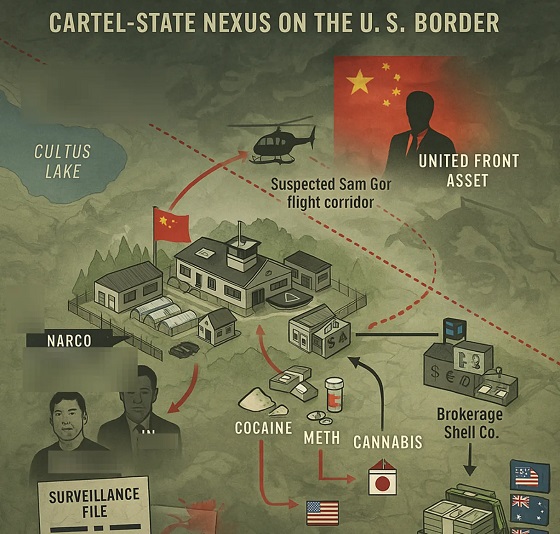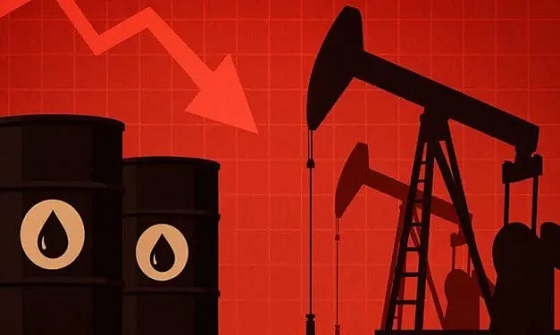Economy
Federal government consistently spends beyond high spending targets
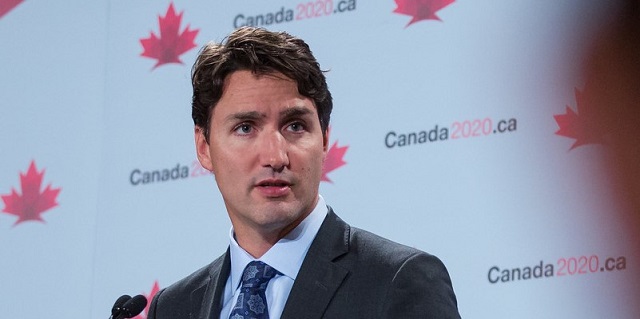
From the Fraser Institute
By Matthew Lau
Post-pandemic, the Liberals raised annual spending by nearly $100 billion versus their pre-pandemic fiscal plan.
As budget season approaches, one thing is clear. If the Trudeau government is notable for planning astonishingly high levels of spending, it’s equally notable for overspending beyond its original plans. At all times—when they first took office in 2015, in the pre-pandemic years, and now—the Liberals have consistently raised their spending targets, then spent more than targeted.
Begin at the beginning. Inheriting a projected balanced budget in 2015, the Liberals proceeded to spend federal finances into deficit in the 2015-16 fiscal year (ended March 31, 2016) before presenting the first budget of their own in the spring of 2016. That budget called for $1,219 billion in program spending over the next four years. What the government actually ended up spending was $1,269 billion for the 2016-17 to 2019-20 fiscal years, blowing past their initial plan by a cumulative $50 billion.
Even worse, they set government spending on a higher trajectory—while cumulative spending in the Liberals’ first four full fiscal years in office was 4.1 per cent more than initially planned, the spending level for fiscal year 2019-20 alone was actually 11.1 per cent above the original target. So not only did the Liberals overspend their Budget 2016 fiscal plan by $50 billion over four years, they significantly weakened the fiscal outlook by permanently raising baseline spending for future years.
That federal program spending exploded to $624 billion in 2020-21 from $349 billion in 2019-20 is not surprising given the onetime expenses during the pandemic, and the $479 billion in spending in 2021-22 also included pandemic-related costs. But while some COVID spending was justifiable, much of the new spending was not. According to an analysis by Fraser Institute economists, $360 billion in pandemic-related spending, at least 25 per cent was unnecessary waste.
What about after the pandemic? In post-pandemic fiscal year 2022-23, program spending was $448 billion and debt interest expenses $35 billion, for a total of $483 billion. Compare that to what the Liberals initially planned in Budget 2018, the earliest fiscal plan to project out to 2022-23. Budget 2018, itself no model of fiscal responsibility, planned $350 billion in program spending and $33 billion in debt interest costs for a total of $383 billion (excluding a $3 billion “adjustment for risk”) in 2022-23.
So post-pandemic, the Liberals raised annual spending by nearly $100 billion versus their pre-pandemic fiscal plan. Comparing expected spending for 2023-24 with the plan in Budget 2019 shows a similar discrepancy. The 2023 Fall Economic Statement projects $450 billion in program spending and $496 billion in total spending versus $369 billion in program spending and $402 billion in total spending for 2023-24 in the Liberals’ 2019 fiscal plan (which itself contained material upward spending revisions from Budget 2018).
Speaking of the Fall Economic Statement, it also revised the spending trajectory upward from what the Liberals budgeted in the spring. In Budget 2023, the Liberals projected $2,395 billion in program spending over the next five fiscal years—or $2,630 billion including interest expenses. Because of new spending commitments and higher borrowing costs, five-year program spending is now expected to be $2,422 billion ($28 billion higher) and total spending $2,688 billion ($58 billion higher).
That’s a significant spending plan increase in only half a year. However, given the Trudeau government’s track record of missing its targets, don’t be surprised if actual spending comes in even higher than the latest forecast.
Author:
Business
Ottawa foresees a future of despair for Canadians. And shrugs
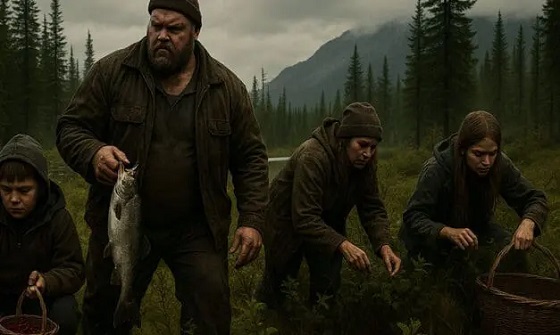
This article supplied by Troy Media.
 By Lee Harding
By Lee Harding
A government report envisions Canadians foraging for food by 2040. Ottawa offers no solutions, just management of national decline
An obscure but disturbing federal report suggests Canadians could be foraging for food on public lands by 2040.
Policy Horizons Canada released the dire forecast on Jan. 7, 2025, in a report entitled Future Lives: Social Mobility in Question. It went largely unnoticed at the time, but its contents remain deeply concerning and worth closer examination.
Policy Horizons Canada is a little-known federal think-tank within the public service that produces long-term strategic foresight to guide government decision-making. Though not a household name, its projections can quietly shape policies at the highest levels. It describes itself as the government’s “centre of excellence in foresight,” designed to “empower the Government of Canada with a future-oriented mindset and outlook to strengthen decision making.” Its current head is Kristel Van der Elst, former head of strategic foresight at the World Economic Forum.
The report warns that the “powerful promise” that anyone can get an education, work hard, buy property and climb the social and economic ladder is slipping away. Instead of a temporary setback, the authors argue, downward mobility could become the norm. They liken Canada’s future to a board game with “more snakes than ladders.”
“In 2040, upward social mobility is almost unheard of in Canada,” the report states. “Hardly anyone believes that they can build a better life for themselves, or their children, through their own efforts. However, many worry about sliding down the social order.”
While these scenarios aren’t firm predictions, foresight reports like this are intended to outline plausible futures. The fact that federal bureaucrats see this as realistic is revealing—and troubling.
Post-secondary education, the report suggests, will lose its appeal. Rising costs, slow adaptation to labour market needs, long program durations and poor job prospects will push many away. It predicts that people will attend university more to join the “elite” than to find employment.
Home ownership will be out of reach for most, and inequality between those who own property and those who don’t will drive “social, economic, and political conflict.” Inheritance becomes the only reliable path to prosperity, while a new aristocracy begins to look down on the rest.
The gap between what youth are told to want and what they can realistically expect will widen, fuelling frustration and apathy. As automation and artificial intelligence expand, many traditional white-collar jobs will be replaced by machines or software. “Most people (will) rely on gig work and side hustles to meet their basic needs,” the report warns.
This leads to one of the darkest predictions: “People may start to hunt, fish, and forage on public lands and waterways without reference to regulations. Small scale agriculture could increase.”
The authors don’t propose solutions. Instead, they ask: “What actions could be taken now to maximize opportunities and lessen the challenges related to reduced and/or downward social mobility in the future?”
That question should concern us. Policymakers aren’t being asked how to prevent the collapse of social and economic mobility but how to manage its
fallout. Are those envisioning Canada’s future more interested in engineering a controlled implosion than fostering hope and opportunity?
Yes, artificial intelligence will bring challenges and change. But there is no excuse for despair in a country as rich in natural resources as Canada. Besides, the 2021 income data used in the report predates even the release of the first version of ChatGPT.
If policymakers are serious about restoring upward mobility, they must prioritize Canada’s resource economy. Ports, pipelines, oil and gas development, and mining are essential infrastructure for prosperity. When these sectors are strangled by overregulation, investment dries up—and so do jobs. The oil patch remains one of the fastest paths from poverty to wealth. Entry-level jobs in the field require training and safety courses, not four-year degrees.
Similarly, post-secondary education doesn’t need to be as expensive or time consuming as it is now. We should return to models where nurses could earn certification in two years instead of being funnelled into extended university programs. And if governments required universities to wind down defined benefit pension plans, tuition would fall fast.
Unfortunately, there’s a real risk that policymakers will use reports like this to justify more wealth-killing socialism. A home equity tax, for example, might be pitched to avoid future tensions between renters and homeowners. Such a tax would require Canadians to pay an annual levy based on the increased value of their home even if they haven’t sold it. These policies don’t build wealth—they punish it, offering temporary relief in place of lasting progress.
Unless we choose a more sensible path, the controlled demolition of Canada will continue.
Lee Harding is a research fellow for the Frontier Centre for Public Policy.
Troy Media empowers Canadian community news outlets by providing independent, insightful analysis and commentary. Our mission is to support local media in helping Canadians stay informed and engaged by delivering reliable content that strengthens community connections and deepens understanding across the country
Economy
Canada’s Energy Wealth Is Bleeding South
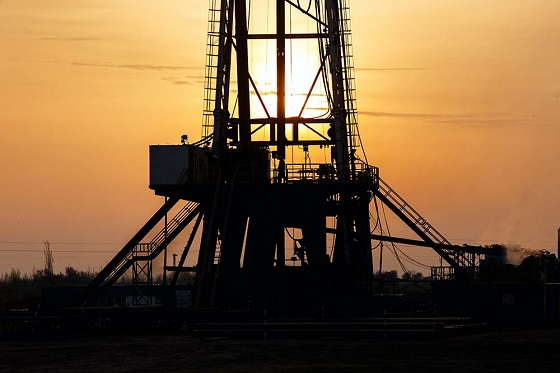
From the Frontier Centre for Public Policy
Without infrastructure, Canada is losing billions while the U.S. cashes in on our oil and gas
Canada’s energy wealth is stuck in traffic, and our American neighbours are cashing in. It’s worse than that. Canada is bleeding millions of dollars daily because it lacks the infrastructure to export its natural resources efficiently.
While our oil and gas continue to flow—mainly to the United States—provinces like Alberta and British Columbia are forced to sell at steep discounts. This isn’t just an economic inefficiency; it’s a structural failure of national policy. The beneficiaries? American businesses and their governments which pocket the profits and tax revenues that should be circulating through the Canadian economy. This is no way to achieve economic sovereignty for Canada.
With U.S. interests reaping the rewards, this should have been a central talking point when Prime Minister Carney met with President Trump earlier this month.
Ottawa often offers the recent completion of the Trans Mountain Expansion (TMX) pipeline as an example of federal support for the energy sector. But such claims are misleading. Kinder Morgan, a private enterprise, had initially planned to build the extension without a penny from taxpayers. It withdrew only after being crippled by federal regulatory delays and political uncertainty.
Ottawa stepped in not as a benevolent saviour to help Albertans, but to prevent lawsuits and save face—ultimately overpaying for the pipeline and watching construction costs balloon to nearly six times the original estimate.
To now declare this bungled project a “gift” to Alberta, as a recent op-ed in the Toronto Star did, is not only tone-deaf: it’s an insult. It ignores the fact that Alberta’s taxpayers helped finance the very project Ottawa botched. It also reveals an astonishing lack of understanding of the historical, economic and political dynamics at play between Ottawa and Western Canada.
The tragedy is that TMX, despite its importance, is insufficient. Our infrastructure bottlenecks remain. With each passing day, Canada forfeits wealth that could fund essential improvements in health care, education and national defence.
According to the Frontier Centre for Public Policy, which has developed a real-time tracker to monitor these losses, the price differential between what we could earn on global markets versus what we settle for domestically adds up to $26.5 billion annually.
Ottawa’s reluctance to greenlight new infrastructure is a primary cause of this problem. Ironically, the losses from this reluctance in a single year would be enough to pay for another TMX, mismanaged or not. The solution lies in a national commitment to building utility corridors: designated routes that facilitate the movement of energy, goods and services unhindered across provincial boundaries.
Carney’s recent promise to remove all interprovincial trade barriers by July 1 is a nice soundbite. But unless it includes meaningful infrastructure commitments, it is bound to fail like every other rhetorical flourish before it.
Canadians should be rightly skeptical. After all, what Ottawa has failed to achieve in the 157 years since Confederation is unlikely to be accomplished in the next 60 days.
The political math doesn’t help either. The Bloc Québécois holds the balance of power in the 45th Parliament, and its obstructionist stance on national pipeline development ensures the advent of more gridlock, not less. The federal government continues to uphold Bill C-69—dubbed the “no-pipelines bill”—further entrenching the status quo.
Meanwhile, Canada remains in the absurd position of relying on U.S. infrastructure to transport oil from the West to Ontario and Quebec. This undermines our economic independence, energy security and national sovereignty. No amount of “elbows up” will correct this enormous gap.
If the prime minister is serious about transforming Canada’s economic landscape and making the country strong, he must bypass the Bloc by cooperating with the Official Opposition. A grand bargain focused on utility corridors, interprovincial infrastructure and national trade efficiency would serve Alberta, Saskatchewan, and every Canadian who depends on a strong and self-reliant economy.
The stakes are high. We need a more productive country to face challenges within Canada and from abroad. Billions in lost revenue could fund new hospitals, more schools and better military readiness.
Instead, along with the limited exports of oil and gas, we’re exporting great opportunities to middlemen—and greater economic strength—south of the border.
The path forward is clear. A strong, self-reliant Canada needs infrastructure. It needs corridors. It needs leadership.
Marco Navarro-Genie is the vice president of research at the Frontier Centre for Public Policy. He is coauthor, with Barry Cooper, of Canada’s COVID: The Story of a Pandemic Moral Panic (2023).
-
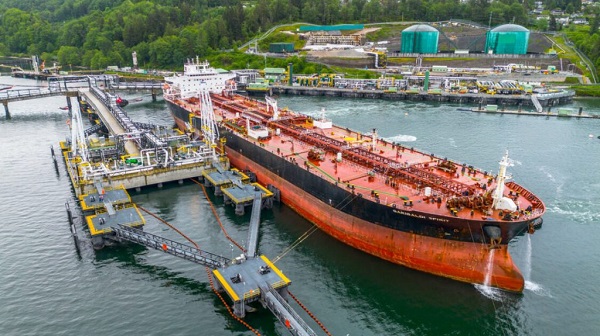
 Energy2 days ago
Energy2 days agoOil tankers in Vancouver are loading plenty, but they can load even more
-
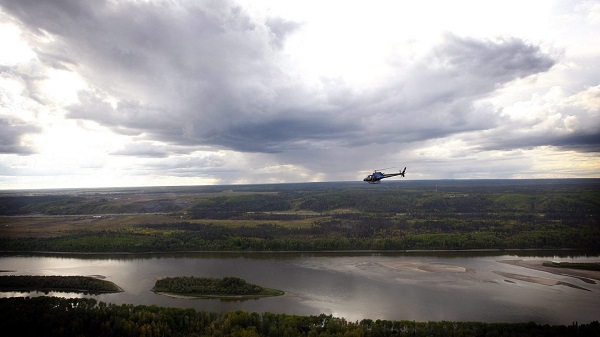
 Alberta2 days ago
Alberta2 days agoEnergy projects occupy less than three per cent of Alberta’s oil sands region, report says
-

 Alberta2 days ago
Alberta2 days agoCharges laid in record cocaine seizure
-

 Energy2 days ago
Energy2 days agoCarney’s energy superpower rhetoric falls flat without policy certainty
-
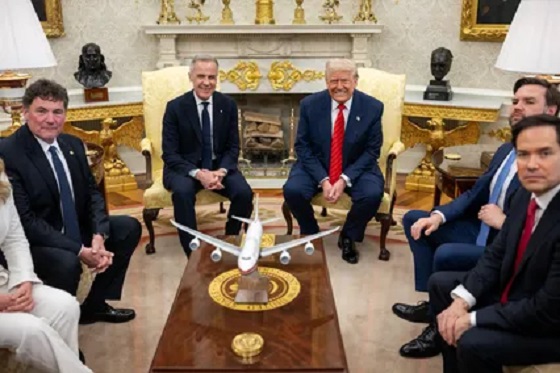
 conflict2 days ago
conflict2 days agoWATCH: U.S. ending bombing campaign on Yemeni militant group
-
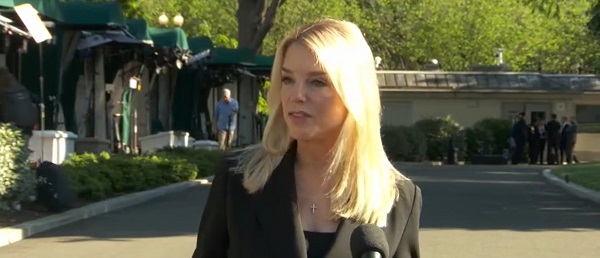
 Crime2 days ago
Crime2 days agoPam Bondi Reveals What The Holdup Is With Epstein File Release
-

 Business1 day ago
Business1 day agoInnovative Solutions Like This Plan To Provide Power For Data Centres Will Drive Natural Gas Demand For Decades
-
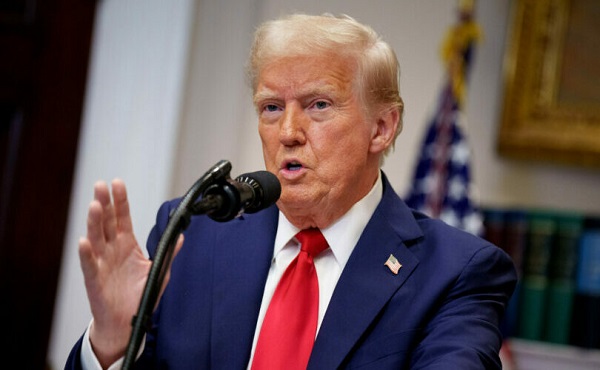
 Business11 hours ago
Business11 hours agoTrump announces UK will fast-track American products under new deal

